Women are particularly vulnerable to the effects of stress on the heart

Whether an argument causes you to lose sleep, traffic makes you miss another appointment or the details of an upcoming wedding overwhelm you –stressful events are normal occurrences in daily life.
Cleveland Clinic is a non-profit academic medical center. Advertising on our site helps support our mission. We do not endorse non-Cleveland Clinic products or services. Policy
But when stress becomes a constant companion it can cause some serious negative consequences on our health. Stress increases the plaque rate and it can accumulate in the arteries. It makes platelets sticky and prone to forming clots that can block these arteries. Stress can also cause arteries to constrict, starving the heart of nourishing blood and triggering chest pain or a heart attack.
Women are particularly vulnerable to the impact of stress on the heart – sorry ladies! That’s why it’s so important that women with heart disease (or its risk factors) should recognize stress and learn how to cope with it in a healthy manner.
“We can all relate to being burnt out, depleted and stressed,” says psychologist Carolyn Fisher, PhD. “But it doesn’t mean we can’t do anything about it.”
Stress can be broadly defined as a threat or demand placed on your body that outweighs your ability to cope with it.
Women tend to become stressed over issues involving home, family life and health-related events, while men are likely to be bothered by finances, work-related issues and relationship problems.
Regardless of the cause, stress sparks our fight or flight response that floods the body with adrenaline. When stress becomes constant, the body remains in alert mode. And perpetually high levels of stress hormones can trigger physiological changes.
“Unfortunately, women report higher levels of stress and feel the impact of stress more than men,” says Dr. Fisher.
Women tend to cope by engaging in social activities, such as calling up friends, or sedentary activities, such as reading, watching television or eating.
Men turn to physical activities, such as exercising or playing sports.
“Taking an active role in facing your stressor is healthier and more effective than avoiding it by sleeping, drinking or isolating yourself,” explains Dr. Fisher.
There are many techniques for minimizing your response to stress:
For maximum efficacy, these techniques should be supported by other good health behaviors.
“Getting enough sleep, eating right and exercising makes us feel more armed and ready,” says Dr. Fisher.
Whatever stress management techniques you choose, you will need to practice them regularly to prevent stress from building up.
“It must become part of your daily routine, like bathing or brushing your teeth,” says Dr. Fisher. “But think of the benefits. Once the stress is gone, who’s to say another huge stressor will never happen again? At least you’ll have the tools to prevent it from taking a detrimental toll on your health.”
Learn to recognize these symptoms before a heart attack or other serious medical problem occurs:
Physical:
Emotional:
Behavioral:
Cognitive:
Learn more about our editorial process.
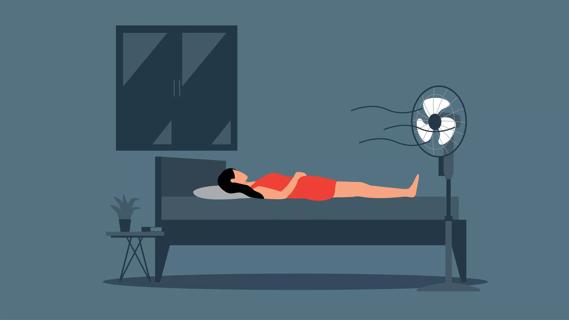
Getting to the root cause of night sweats — like menopause, medication side effects, stress or anxiety — can help you manage them

Enter relaxation mode by managing your breathing, releasing muscle tension and practicing mindfulness
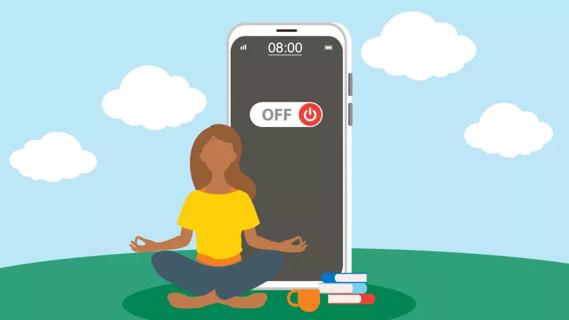
Identify your triggers, set ground rules for your break and start practicing mindfulness
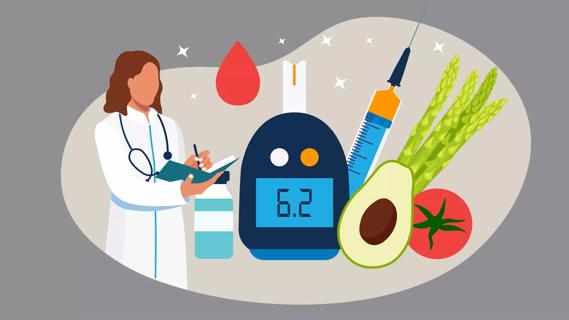
A diabetes diagnosis, new or long-standing, can trigger reactions like grief, stress, depression and frustration, but symptom relief and help are available
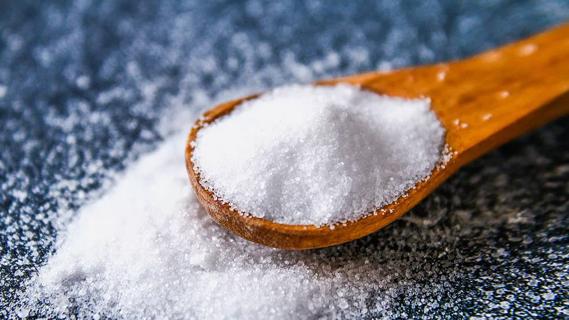
Excess salt and sodium consumption is a worldwide health concern
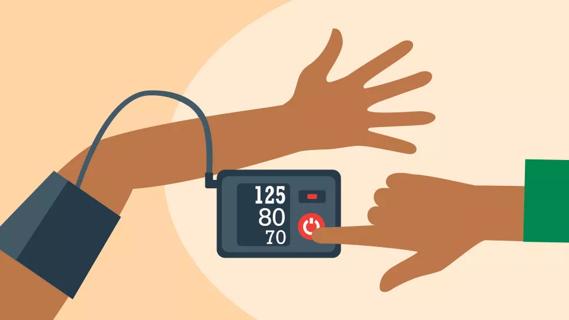
An ideal blood pressure is less than 120 mm Hg systolic and less than 80 mm Hg diastolic
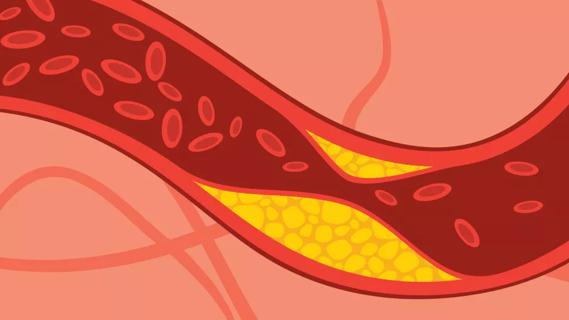
LDL cholesterol and lipoprotein (a) cholesterol are more likely to stick to your arteries and lead to dangerous heart events
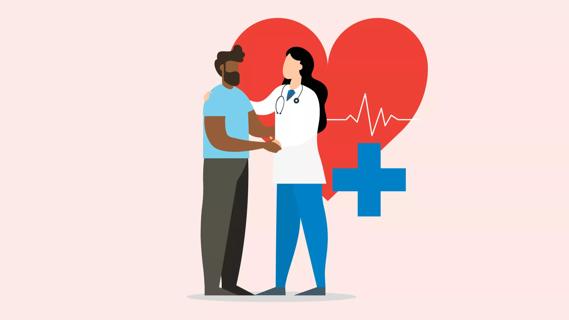
Having underweight, having overweight and having obesity can be dangerous for your heart

Your metabolism may torch 1,300 to 2,000 calories daily with no activity

A gentle touch in all the right places may help drain your sinuses